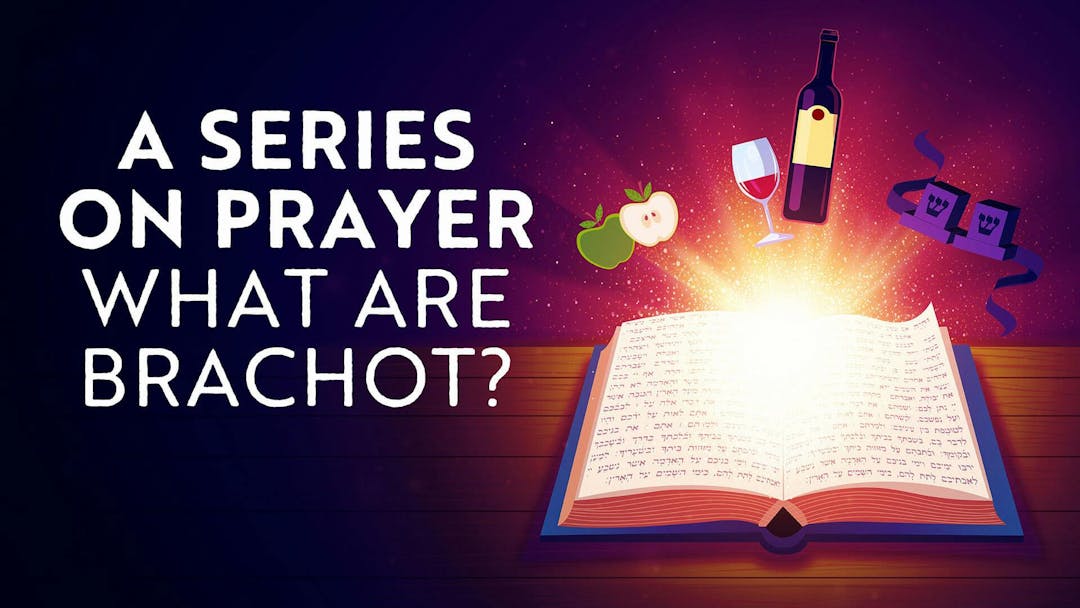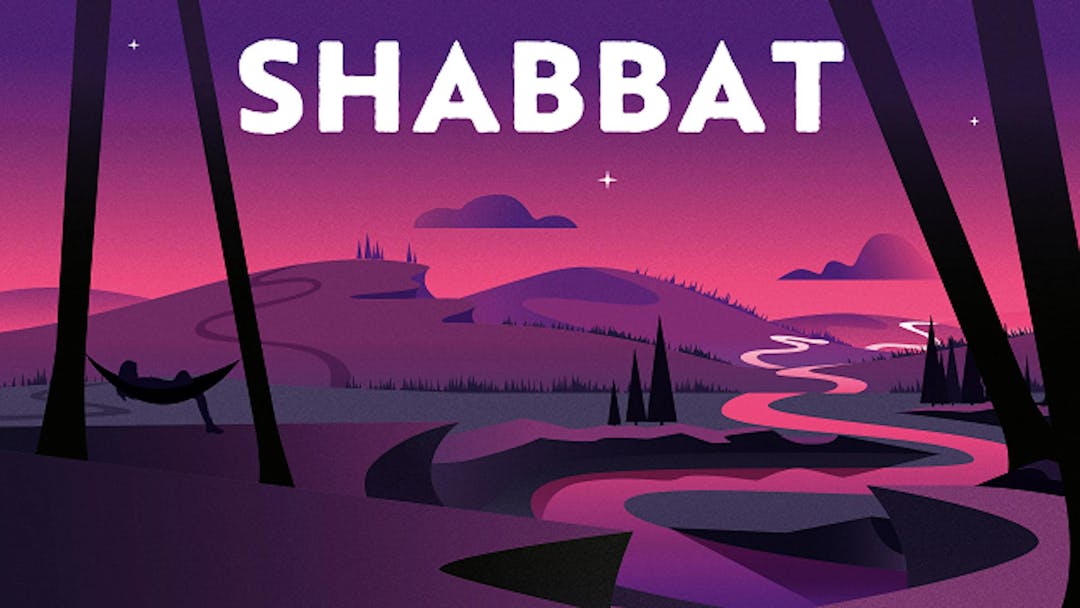Start your free trial today to unlock the full library and enjoy unlimited and uninterrupted access.
Get StartedChallah: What’s So Special About Making Dough?
Challah: What’s So Special About Making Dough?
Every week, in many Jewish homes, families bake two warm, delicious loaves of challah bread for the Shabbat meal. The smell of freshly-baked challah is familiar and comforting – but how often do we contemplate the meaning behind the act of making challah? Is there any symbolism behind the ingredients — flour, water, often sugar, eggs, oil — of the challah dough? When we knead the challah dough, shape it, bake it… what are we supposed to be thinking about? Sure, challah is delicious, it enhances our celebration of Shabbat, but is there some deep spiritual lesson that we’re meant to take from the challah baking experience itself?
If we follow the clues hidden in the Torah, paying special attention to the Hebrew word for challah, חַלָּה, we can start to see the deeper significance behind those braided loaves. We can see that baking challah is about something much grander, much more significant, than combining ingredients in a mere act of baking.
In this video, Rabbi Fohrman explores the Torah sources for the idea of separating and baking ‘challah’ – and shows how we, thousands of years later, can find deep and lasting meaning in the challah bread that sits on our Shabbat tables.
Want to watch the full video for free?
Enter your email and we’ll send you a link to watch the full series free.
What is Aleph Beta?
Aleph Beta is a unique kind of Torah library. Led by our founder, Rabbi David Fohrman, we are dedicated to high-level, textual Torah learning for adults that is intellectually and spiritually sophisticated, that enlivens your Jewish practice and helps you forge a deeper connection to God. Whether you’ve been learning in yeshiva for years or you’re just beginning your Torah journey, you’re sure to find something meaningful and surprising waiting for you here.
Browse our library of over 1,000 beautifully produced animated videos, podcasts, deep dive courses, and printable guides. Topics include the weekly parsha, Jewish holidays & fast days, laws & mitzvot, prayers, relationships, big philosophical ideas and more. Have something to say at the Shabbos table that will amaze your family and guests and bring deep meaning into their lives.










